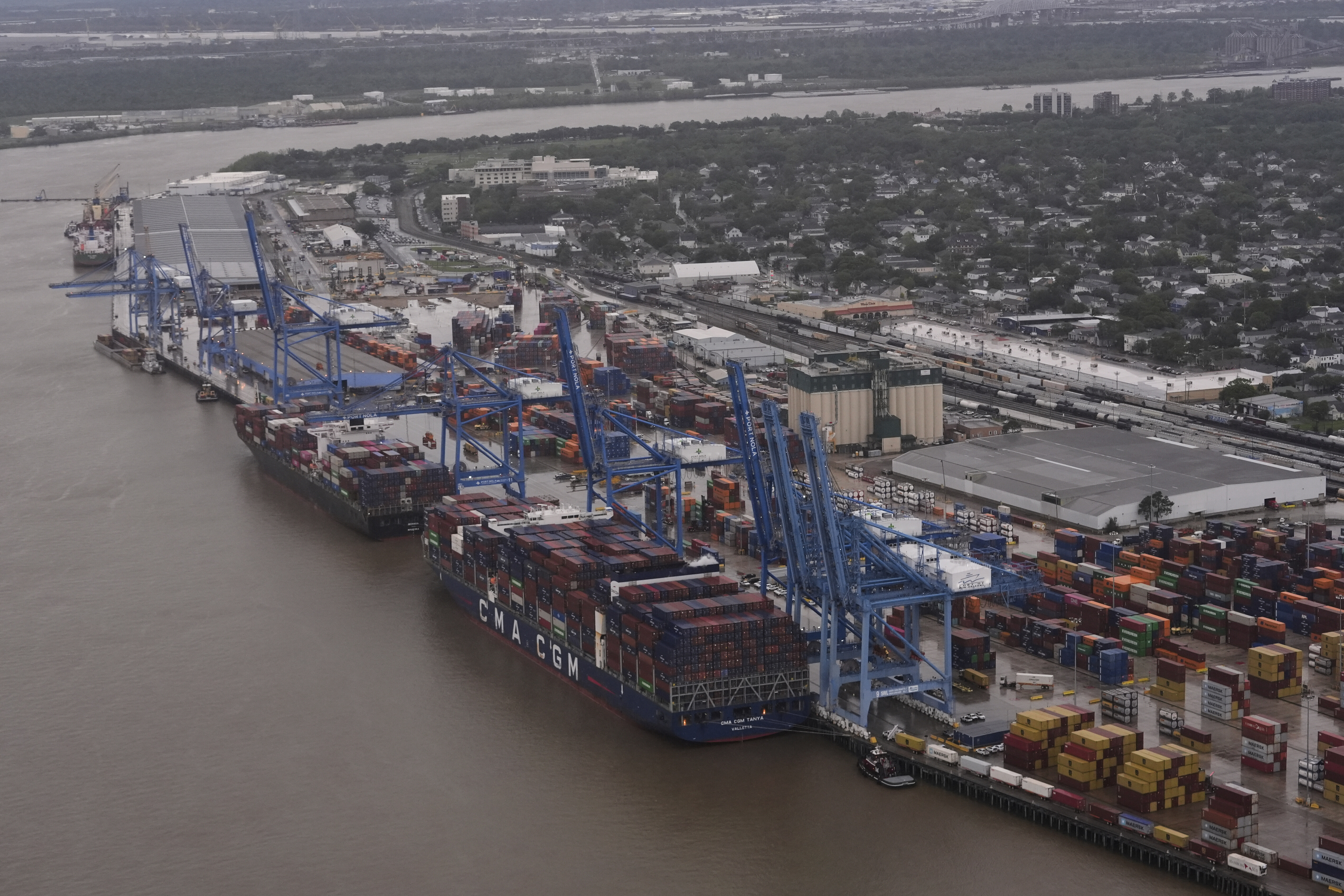German Chancellor Angela Merkel, accompanied by French President Francois Hollande, met with Russian President Vladimir Putin on Feb. 6. Then she met with U.S. President Barack Obama on Feb. 9. The primary subject was Ukraine, but the first issue discussed at the news conference following the meeting with Obama was Greece. Greece and Ukraine are not linked in the American mind. They are linked in the German mind, because both are indicators of Germany's new role in the world and of Germany's discomfort with it.
It is interesting to consider how far Germany has come in a rather short time. When Merkel took office in 2005, she became chancellor of a Germany that was at peace, in a European Union that was united. Germany had put its demands behind it, embedding itself in a Europe where it could be both prosperous and free of the geopolitical burdens that had led it into such dark places. If not the memory, then the fear of Germany had subsided in Europe. The Soviet Union was gone, and Russia was in the process of trying to recover from the worst consequences of that collapse. The primary issue in the European Union was what hurdles nations, clamoring to enter the union, would have to overcome in order to become members. Germany was in a rare position, given its history. It was in a place of comfort, safety and international collegiality.
The world that Merkel faces today is startlingly different. The European Union is in a deep crisis. Many blame Germany for that crisis, arguing that its aggressive export policies and demands for austerity were self-serving and planted the seeds of the crisis. It is charged with having used the euro to serve its interests and with shaping EU policy to protect its own corporations. The vision of a benign Germany has evaporated in much of Europe, fairly or unfairly. In many places, old images of Germany have re-emerged, if not in the center of many countries then certainly on the growing margins. In a real if limited way, Germany has become the country that other Europeans fear. Few countries are clamoring for membership in the European Union, and current members have little appetite for expanding the bloc's boundaries.
At the same time, the peace that Germany had craved is in jeopardy. Events in Ukraine have aroused Russian fears of the West, and Russia has annexed Crimea and supported an insurgency in eastern Ukraine. Russia's actions have sparked the United States' fears of the re-emergence of a Russian hegemon, and the United States is discussing arming the Ukrainians and pre-positioning weapons for American troops in the Baltics, Poland, Romania and Bulgaria. The Russians are predicting dire consequences, and some U.S. senators are wanting to arm the Ukrainians.
If it is too much to say that Merkel's world is collapsing, it is not too much to say that her world and Germany's have been reshaped in ways that would have been inconceivable in 2005. The confluence of a financial crisis in Europe that has led to dramatic increases in nationalism - both in the way nations act and in the way citizens think - with the threat of war in Ukraine has transformed Germany's world. Germany's goal has been to avoid taking a leading political or military role in Europe. The current situation has made this impossible. The European financial crisis, now seven years old, has long ceased being primarily an economic problem and is now a political one. The Ukrainian crisis places Germany in the extraordinarily uncomfortable position of playing a leading role in keeping a political problem from turning into a military one.
The German Conundrum
It is important to understand the twin problems confronting Germany. On the one hand, Germany is trying to hold the European Union together. On the other, it wants to make certain that Germany will not bear the burden of maintaining that unity. In Ukraine, Germany was an early supporter of the demonstrations that gave rise to the current government. I don't think the Germans expected the Russian or U.S. responses, and they do not want to partake in any military reaction to Russia. At the same time, Germany does not want to back away from support for the government in Ukraine.












